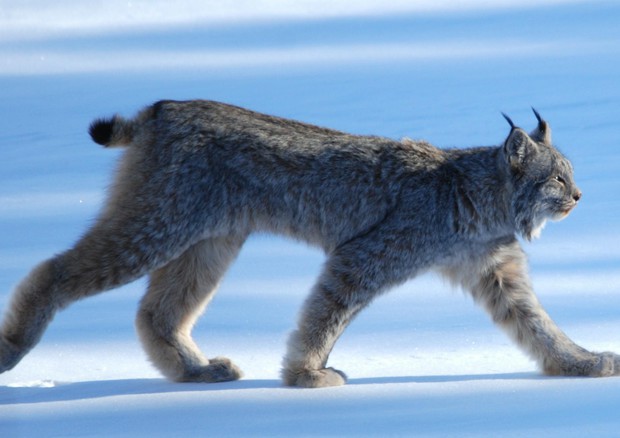The Trump Administration’s new proposal redefines the concept of “harm” under the Endangered Species Act (the U.S. federal law protecting endangered animal species), excluding habitat destruction among prohibited actions. Under the proposal, only direct injury or killing of an animal would be considered illegal.
The rule, already published in the Federal Register, is intended to benefit mining, construction and industrial activities, but according to biologists, it threatens dozens of endangered species such as the spotted owl, lynx and prairie rooster. Environmentalists speak of an “attack on the heart of the law ”and warn that the new rule would encourage environmentally destructive practices such as logging, mining, uncontrolled drilling for oil and gas, building homes in places where endangered creatures live.
As the Washington Post reports, Fish and Wildlife Service and the National Oceanic and Atmospheric Administration stated that “the narrow interpretation of environmental harm–which deems it a crime only to intentionally kill or injure a particular animal rather than to degrade a habitat that a species needs to find food, reproduce, and thrive–reflects the true meaning of the Endangered Species Act and makes sense in light of the modern view of wildlife protection.”

Secretary of the Interior Doug Burgum said it is not regulations but innovation that will save endangered species. He cited recent advances in biotechnology as an example, through which one company has created three gray wolf pups similar to the extinct dire wolf. On X he said, “It’s time to fundamentally change the way we think about species conservation.” However, this thought might raise ethical questions: does it make sense to replace what is destroyed by humans with artificial methods?
Scientists recall that habitat loss is the main cause of the current global biodiversity crisis and could lead to the extinction of one million species, as highlighted in the “Transformative Change Report”, released on December 18, 2024 by the Intergovernmental Science-Policy Platform on Biodiversity and Ecosystem Services (IPBES).
Kristen Boyles, senior attorney at Earthjustice, said the idea that habitat destruction is not harmful is “nonsensical both legally and biologically.” She explained, “What they are saying is that it would be OK to drain a pond where an endangered species of turtle or fish lived, and that would not be considered harmful.” Earthjustice has announced legal action against the new rule.












